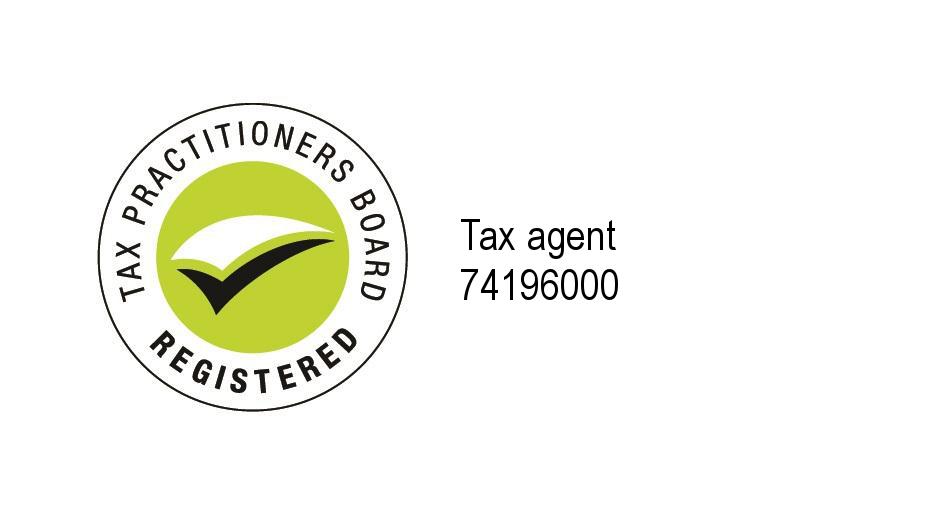The recent Federal Court decision in the Simplot Case (Simplot Australia Pty Ltd v Commission of Taxation 2023 FCA 1115) was concerned with whether six frozen food products were ‘food of a kind marketed as a prepared meal’. While most food is GST-free, food of a kind marketed as a prepared meal is subject to GST.
The frozen foods referred to in the case were the Birds Eye SteamFresh fried rice, pearl cous cous with chickpeas, penne pasta with Mediterranean vegetables in a Napoli sauce, quinoa with brown rice, and VeggieFresh mixed mushrooms and pea and cauliflower risotto, and cauliflower rice, peas and corn products.
There have been various articles issued summarising the case and providing some commentary. Most articles highlight the following concluding words from Hespe J:
‘The legislative scheme with its arbitrary exemptions is not productive of cohesive outcomes. It has left the Court in the unsatisfactory position of having to determine whether to assign novel food products to a category drafted on the premise of unarticulated preconceptions and notions of a “prepared meal”. It may be doubted whether this is a satisfactory basis on which taxation liabilities ought to be determined.’
The ATO has also issued a Decision Impact Statement, where it states the oft cited phrase that ‘it will be the facts, circumstances and evidence which determine’ the GST treatment. It also states:
‘The Commissioner considers that it will be rare that, as a result of the decision in Simplot, a meal component not previously understood to be taxable will now be understood to come within a class or genus of food marketed generally as having the attributes of a prepared meal (including quantity, composition and presentation).
For example, many prepared meals include peas, but the supply of only frozen peas is not ‘food of a kind marketed as a prepared meal’. The decision in Simplot does not now make a supply of frozen peas taxable. Frozen peas are not a mix of ingredients, and are not seasoned, flavoured or presented as a complete meal. They do not have the attributes necessary to make them ‘food of a kind marketed as a prepared meal’. The same will apply for products like frozen mixed vegetables, frozen crumbed chicken pieces, and frozen fish pieces.
Taxpayers should review food products to ensure they are classifying them consistently with the decision in Simplot. If taxpayers are uncertain about the GST treatment of any products, we encourage them to seek ATO advice while we develop further public guidance.’
The example provided appears to provide some solace to taxpayers selling the products referred to, namely frozen peas, frozen mixed vegetables, frozen crumbed chicken pieces, and frozen fish pieces. It says nothing about similar products which may contain a mix of two or more ingredients, or contain other flavourings, etc.
Some of the other comments made in articles discussing the case include:
- the case highlights the increased complexity of the classification of food for GST purposes;
- the courts approach differs to previously established principles in characterising food products for GST purposes;
- taxpayers in the food supply chain will need to be mindful of whether this decision changes the GST classification of other food products, and if so the consequences (including potentially reaching back and applying GST on such products to the past four years of supply);
- taxpayers should seek advice and/or seek a private ruling from the ATO; and
- noting the decision may yet be appealed.
Interpretation and Statutory Construction
Generally, when interpreting legislation regard should be had to the text of the legislation, the overall purposes of the legislation, and not to consider the statutory words in isolation. However, in this case, Hespe J commented that an ‘examination of the statutory context of [the relevant provisions] does not, in my view, reveal a coherent policy that is of assistance in the present case’ and that there is ‘no clear rationale as to why soup marketed as a prepared meal should be GST-free but other types of food not’.
Tax Reform?
By way of background, when the Australian GST regime was first introduced, there were compromises to get the legislation approved, one such being excluding food from being subject to GST (proposed by the Democrats who held the balance of power). The result of this process is that while all food is GST-free, there are some express exclusions contained within the legislation and GST Regulations. This has resulted in a requirement to review and determine whether food is GST-free or subject to tax.
In the early days of the GST regime, to assist taxpayers with such classification, the ATO issued a GST Food Register setting out the GST classification of food items and this was updated over time. We expect many of the updated items were the result of private ruling decisions. In time this guide grew but eventually the ATO ceased updating it and reverted to a principles-based approach. Such an approach has since resulted in a number of cases, with the Simplot Case being the latest.
In some of the articles about the Simplot Case there have been comments that all food should be subject to GST, which immediately turns the discussion to GST reform as a component of broader tax reform.
A recent article in the Australian Financial Review by Chris Richardson (12 Sep 2023) posits ‘What do weight loss and GST reform have in common? We’re better at talking about them than we are at achieving them.’ This article, and others, refer to such GST reform options as raising the rate and/or widening the base which would allow cuts to other taxes. Widening the base is a reference to removing exemptions such as those that currently exist for food. The article makes some good points but the tagline reference that ‘the politics are cruelly complicated’ is on point – any GST reform widening the base is likely to result in votes lost at the Federal level, with any GST collected going to the States and Territories, and is hard to achieve as any increase in the GST rate requires the approval from all States and Territories.
Who knows, but maybe the concluding comments in the Simplot Case from Hespe J will spark some change. Even if it is not a trigger for GST reform, then perhaps we can hope for at least an improvement in drafting of legislation to avoid arbitrary exemptions and a more productive use of judicial resources.
——-
![]()
Found this article insightful? Subscribe to our newsletter “The Assessment” and receive more articles like this every month!
![]()
Need more advice? Contact us via email or on 03 8662 3200



